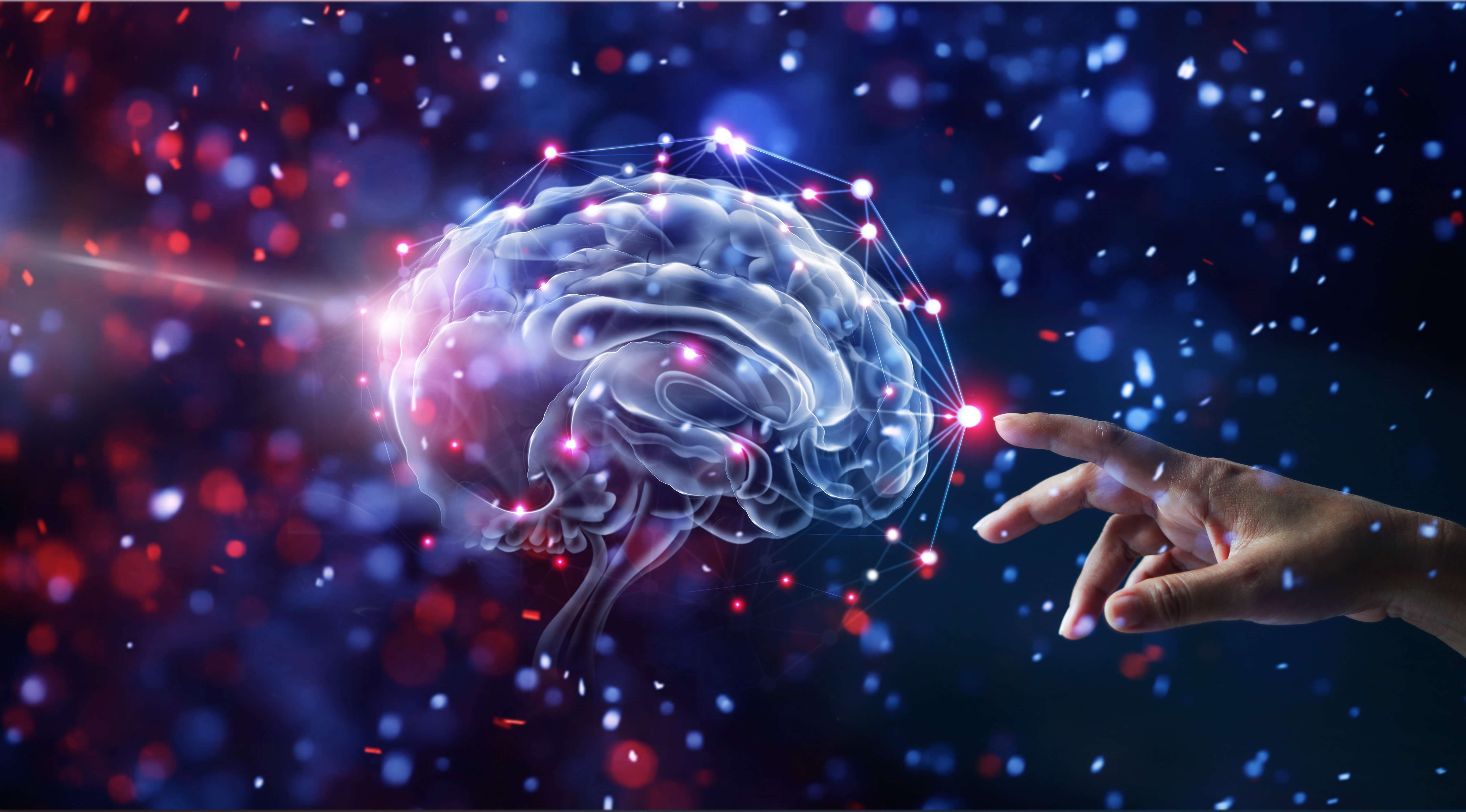Coronavirus Updates
How Does the Coronavirus Impact Our Nervous System?
4 min read
By Apollo 24/7, Published on - 25 May 2020, Updated on - 18 October 2022
Share this article
1
3 likes

In December 2019, a novel Coronavirus infection started in Wuhan city in China. It later spread to other parts of the world and was declared as a pandemic by the World Health Organization (WHO). One of the weapons to fight a pandemic is to gather as much information as possible. One should know the symptoms of Coronavirus or COVID-19 while the search for an effective vaccine continues.
Coronavirus usually affects the respiratory system causing fever with cough and sore throat. Infected people may sometimes experience difficulty in breathing. Though rare, Coronavirus may sometimes cause nausea, vomiting, and diarrhoea. Few Coronavirus patients also showed signs of heart damage and blood clotting defects.
Recently, some medical journals across the world have reported that Coronavirus may cause damage to the nervous system. Influenza, measles, and past Coronaviruses like Severe Acute Respiratory Syndrome (SARS) and Middle East Respiratory Syndrome (MERS) were also known to affect the brain causing neurological disorder. It is important to understand even the rarest symptoms of Coronavirus so that necessary precautions may be taken to prevent further transmission.
What are the neurological symptoms of Coronavirus?
In a study conducted on 214 patients in Wuhan city, one-third of the patients (36.4 %) showed neurological symptoms. These symptoms were apparent during the first one to two days of the disease and were common in people with severe illness. This comprised almost half of the patients (45.5%) on whom the study was done.
The most common symptoms seen in COVID–19 patients related to neurological damage are as follows:
- Ataxia: This is a condition in which a person tends to lose coordination of arm and leg movements; may result in a fall while walking
- Seizure or convulsion: This is a condition where a person may experience jerky movements of arms and legs, also known as fits in common usage
- Coma: This is a state of mind where a person will have a deep state of unconsciousness and may not respond to any commands
- Nerve pain: This particular type of pain occurs in both arms and legs along with burning sensation on the involved body areas
- Dizziness or giddiness: It is a sensation of spinning around and sometimes might even lose balance when it is severe
- Headache
- Loss of consciousness
- Impairment of smell, taste, and vision
- Muscle pain
Few symptoms like muscle pain and changes in consciousness continued in patients even after they recovered from COVID–19.
Some case studies done in Italy showed that COVID-19 patients suffered from a neurological condition called Guillain-Barre’ syndrome. When Coronavirus enters a human body, our body’s immune system responds to the infection and end up attacking healthy nerve cells as a mistake. This leads to weakness in muscles; in Guillain-Barre’ syndrome, this leads to paralysis. Out of more than 1000 patients involved in the study, only five patients were found to have this syndrome. Four patients among them had COVID-19 when neurological symptoms started. One patient did not test positive when neurological symptoms started but after five days, the test was positive.
Few other case studies have shown brain inflammation and swelling known as “Encephalitis” in a few severe COVID-19 patients. Another study done in New York described stroke, also called paralysis, in five COVID-19 patients; an interesting aspect was that all patients were relatively younger, aged between 33 to 49 years. Usually, stroke is commonly seen in elderly people but researchers suggest the cause in COVID-19 patients to be due to defects in blood clotting. A similar study done in Wuhan city showed that stroke was observed in 5% of COVID–19 patients.
How does Coronavirus infect the nervous system?
There are many proposed theories on how Coronavirus infects our nervous system. Some of them are as follows:
- When a person inhales Coronavirus, there is a chance of it spreading from the nose to the brain through the olfactory nerve. This nerve is responsible for smell and maybe the reason for the impairment of smell in COVID-19 patients
- The immune system starts fighting Coronavirus which may be the reason behind headaches and dizziness in COVID-19 patients
- Few studies revealed that Coronavirus attaches to ACE2 receptors to gain entry into the cells of humans. Since ACE2 is present in all major organs in the body, Coronavirus may directly infect the brain
- It is known that Coronavirus primarily infects the lungs. The virus can get into the blood from the lungs and cross the blood-brain barrier to infect the nervous system
Conclusion
Though patients infected with Coronavirus usually exhibit respiratory symptoms, there is a risk of the virus affecting their nervous system, particularly in cases of severe illness. Hence, it is crucial to be aware of the neurological symptoms both during COVID–19 infections as well as in the long term follow-up for residual nerve damage. Since there is a slight chance of neurological symptoms occurring before respiratory symptoms, we should seek medical attention immediately for testing and prevention of the spread of Coronavirus.
Consult the best neurologists for nervous system disorders.
If you have any questions related to Coronavirus, you can consult our team of expert doctors through online doctor consultation.
Coronavirus Updates
Leave Comment
Recommended for you

Coronavirus Updates
How To Read An RT-PCR Test Report?
Understanding your RT-PCR test report accurately is essential for comprehending your COVID-19 infection status. This comprehensive guide explains the components of the report, decoding the test results, and acquainting you with associated terminologies for better interpretation.

Coronavirus Updates
Is this the beginning of the end of the Coronavirus pandemic?
Recently the UK became the first country in the west to license a fully tested COVID-19 vaccine. Other countries, including India, have also followed suit.

Coronavirus Updates
Can you Carry Coronavirus Into the House Through Clothes, Shoes, and Bags?
There are no concrete answers on whether the Coronavirus can spread through shoes, clothes, and bags. However, it is best to take precautions.
Subscribe
Sign up for our free Health Library Daily Newsletter
Get doctor-approved health tips, news, and more.
Visual Stories

Can India Beat the COVID-19 Surge?
Tap to continue exploring
Recommended for you

Coronavirus Updates
How To Read An RT-PCR Test Report?
Understanding your RT-PCR test report accurately is essential for comprehending your COVID-19 infection status. This comprehensive guide explains the components of the report, decoding the test results, and acquainting you with associated terminologies for better interpretation.

Coronavirus Updates
Is this the beginning of the end of the Coronavirus pandemic?
Recently the UK became the first country in the west to license a fully tested COVID-19 vaccine. Other countries, including India, have also followed suit.

Coronavirus Updates
Can you Carry Coronavirus Into the House Through Clothes, Shoes, and Bags?
There are no concrete answers on whether the Coronavirus can spread through shoes, clothes, and bags. However, it is best to take precautions.